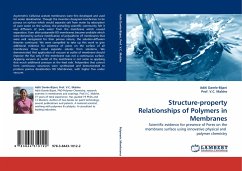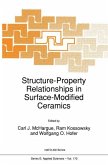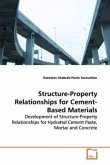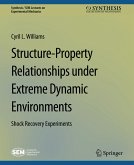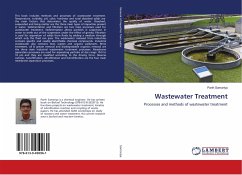Asymmetric Cellulose acetate membranes were first developed and used for water desalination. Though the inventors designed membranes to be porous on surface which would separate salt from water by adsorption of pure water on the surface, the prevailing scientific community felt it was diffusion of pure water from the membrane which caused separation. Even after polyamide RO membranes became available which were derived by surface modification of polysulfone UF membranes that were well recognized for their porous nature, the solution-diffusion theories continued. We were compelled to take up this work to give additional evidence for existence of pores on the surface of all membranes those could separate solutes from solutions. We demonstrated that application of vacuum at outlet of membrane should improve the flux only if the membrane was not a continuous surface. Applying vacuum at outlet of the membrane is not same as applying that much additional pressure at the feed side. Polyamides that cannot form continuous structures were synthesized and demonstrated to produce porous desalination RO Membranes, with higher flux under vacuum.
Bitte wählen Sie Ihr Anliegen aus.
Rechnungen
Retourenschein anfordern
Bestellstatus
Storno

